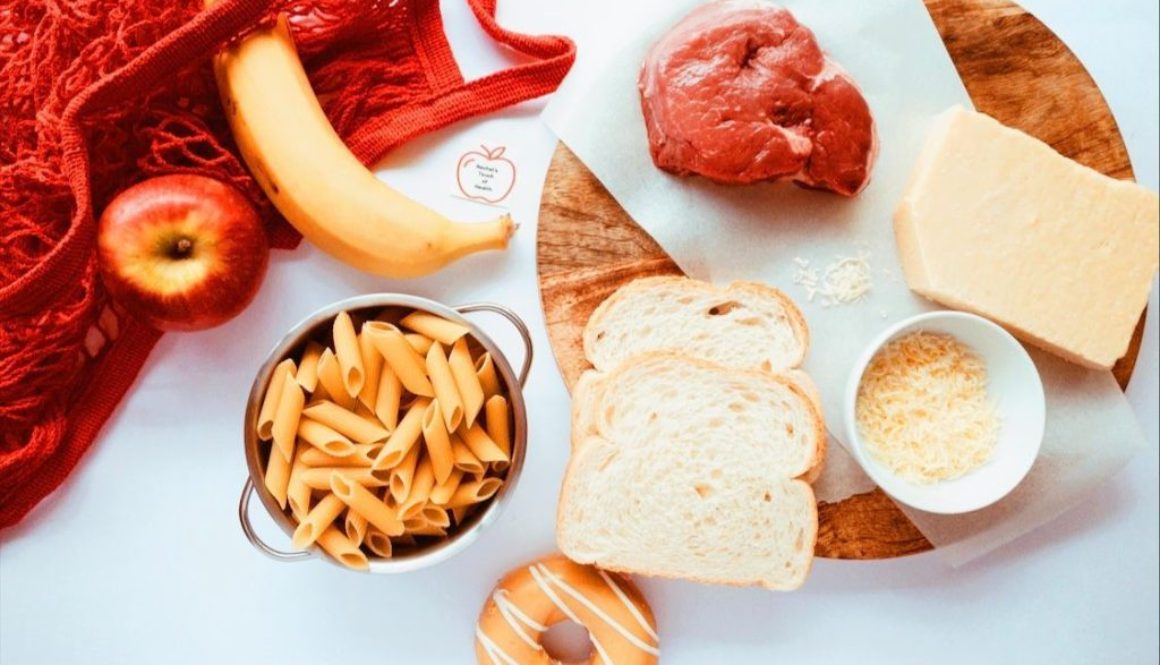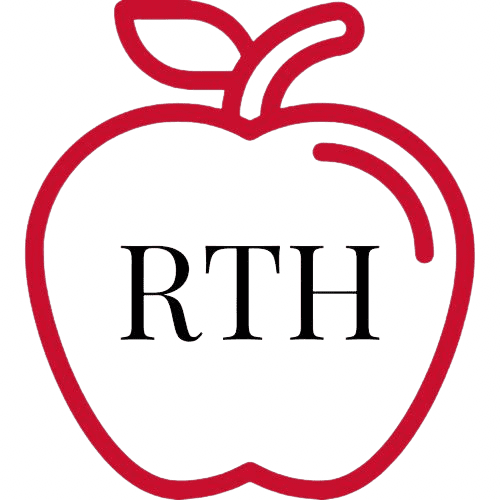
Nutrition and Fitness
Achieve your health goals with our comprehensive resources. Discover how to fuel your body and stay fit with expert advice and practical tips!



3 Surprising Tips From A Nutritionist
The biggest mistake I see people make when they’re making changes to their lifestyle/diet is trying to go ALL IN and be “perfect”.
Read More

How To Mindfully Enjoy Sweets
| Part of a balanced relationship with food is to be able to enjoy the foods that you would like to, without feeling out of control or guilty when you do. |

What A Positive Relationship With Food Looks Like
| Developing a more positive relationship with food is such an important aspect of caring for your physical, mental, and emotional wellbeing. |

Why You Feel Out Of Control Around Food
It’s all too common for people to diet for years in an attempt to exert some sort of control over their eating habits.
Read More


How to Never Have a Cheat Day Again
Let’s never have a cheat day again! Because when has cheating ever been a good thing? Labelling meals as “cheat” induces feelings of guilt, which is not a healthy relationship with food.
Read More